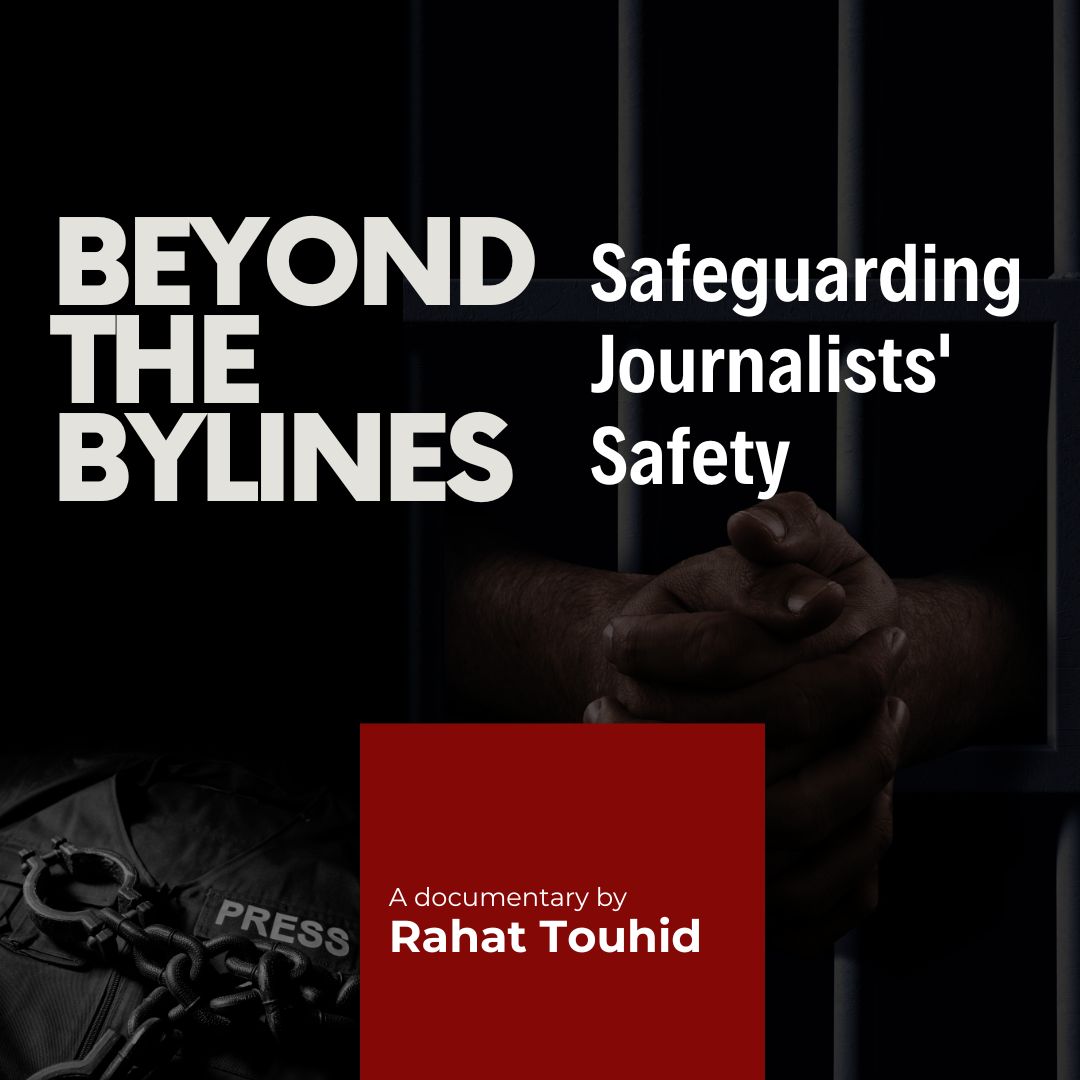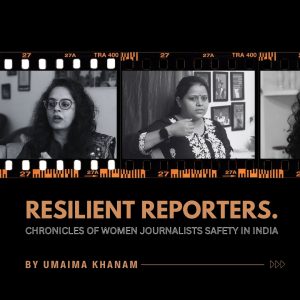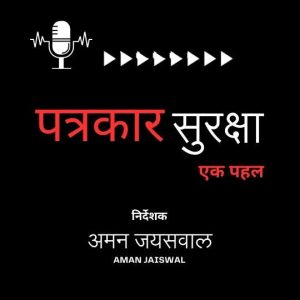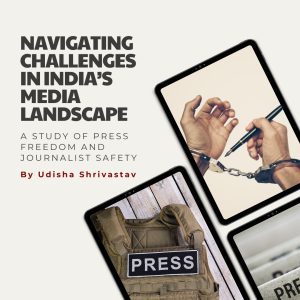As a scholar of the Danish Siddiqui Foundation, what motivated you to create this documentary on journalist safety?
As a journalism student, I have witnessed the increasing threats and dangers for journalists working on the ground. As a scholar of the Danish Siddiqui Foundation, I found the platform to, at the very least, bring about the conversation on the safety of journalists in India, which is lacking in most newsrooms in the country. I was tremendously motivated by a few journalists who, despite the dangers surrounding the profession, go on to enhance the quality of journalism and make an impact.
Can you share some of the most compelling stories or experiences you encountered while interviewing journalists for this project?
Of the many stories that I encountered throughout the process of making this documentary, I would like to highlight the story of Sonal Matharu, reporting in Manipur and Shivangi Saxena, covering a Hindu Mahasabha. Both these journalists have reported from high-stress and violent places without any safety equipment. Sonal, whilst reporting from Manipur amidst heightened violence, showcased her immense courage to bring out stories from the communities encountering the violence and reporting what matters. Similarly, Shivangi covered a Mahasabha, where her colleagues were beaten up, but that didn’t deter her from reporting on the issue.
What were some common challenges or risks that journalists expressed during their interviews?
Well, the challenges and risks are common knowledge, including the unavailability of safety equipment and support from newsrooms for their journalists. Added to that, most of the journalists spoke about the government pressures they face while reporting on sensitive issues. I also came across an increasing trend of violence inflicted upon journalists and the loss of trust of the common people on journalists reporting from the ground.
How do you expect this documentary to raise awareness and spark discussions about journalist safety?
Due to the limited resources, this documentary might not have been how I intended it to be. However, I hope this documentary will spark a conversation on the various aspects of journalists’ safety, followed by the inculcation of training for journalists, especially in newsrooms. I also hope that more and more filmmakers and journalists work on journalism’s safety and training aspects to bring this awareness into popular culture.
Can you share any insights or lessons learned from your experience working on this documentary project?
Working on this documentary, meeting several journalists, and talking to them about their experiences provided me with immense knowledge. I got to learn about the lives of these journalists and how their works impact them. I also got to learn several insights into the workings of the industry. However, one of the biggest learnings from the journalists I interviewed was that no matter what goes on around the world, your work defines you in the end.
What message do you hope viewers will take away from watching your documentary?
I hope that viewers understand the gravity of the situation that journalists are in and experience the work and efforts put in by journalists to get the news we get. I also hope that after watching the documentary, viewers will negate the use of violence on journalists and bring into the forum the need for safety and training at organizational levels. Lastly, I would want the viewers to appreciate these journalists’ work, sometimes at the risk of their own lives.
About Rahat Touhid
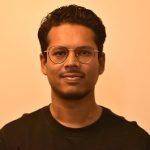
Rahat Touhid, a graduate of the prestigious AJK MCRC, Jamia University, is a journalist currently based in New Delhi, India. His work documents climate change and indigenous rights and explores the nuances of human rights and politics in South Asia.
Disclaimer: The views and opinions expressed by those interviewed by the Danish Siddiqui Foundation, including all program participants, are solely their own current opinions regarding events and are based on their own perspectives and opinions. The views and opinions expressed do not necessarily reflect the views or opinions of the Danish Siddiqui Foundation, or the companies with which any program participants/interviewees are, or maybe, affiliated.

